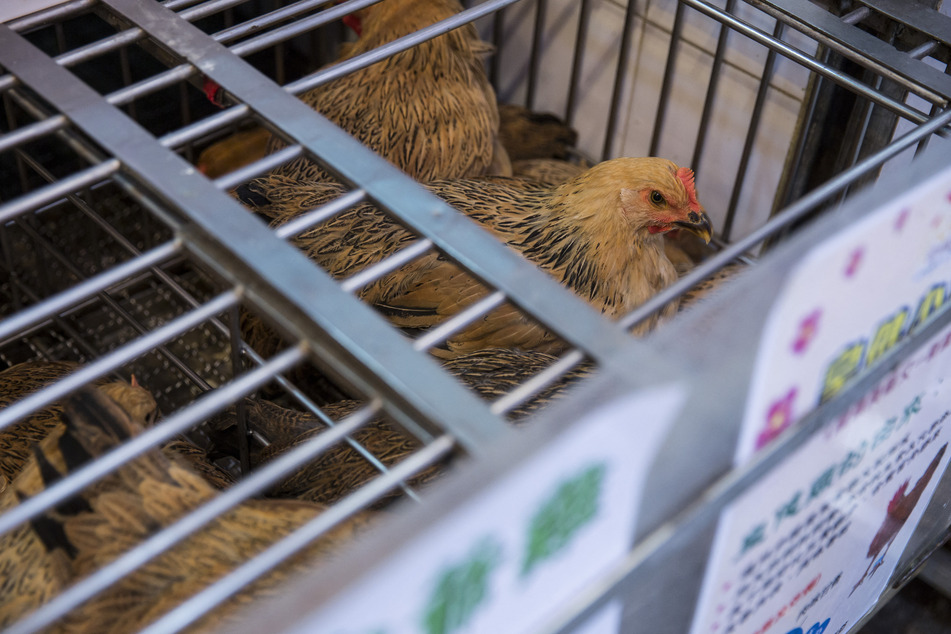China reports first ever human death from bird flu
Guangdong, China - China has notified the World Health Organization (WHO) that a woman infected with the H3N8 bird flu died last month, in what is only the third known human case ever and the first to result in death from the strain.

The two previous cases were reported in China last April and May, the WHO said.
In the latest incident, a 56-year-old woman from south-eastern Guangdong province died on March 16 after falling ill in February and being hospitalized for severe pneumonia.
"The patient had multiple underlying conditions. She had a history of exposure to live poultry before the onset of the disease, and a history of wild bird presence around her home," the UN health body said, citing information from China's National Health Commission.
None of her close contacts have developed an infection or symptoms of illness.
The WHO said a poultry market near her home could have been the source of her infection. Samples collected from the market were positive for influenza A(H3) subtype.
WHO says bird flu risk to humans is low
In the two previous cases, one patient developed a critical illness and the older had mild symptoms. The WHO said direct or indirect exposure to infected poultry was the likely origin.
The WHO said the risk to humans remained "low."
"The available epidemiological and virological information suggests that avian influenza A(H3N8) viruses do not have the capacity for sustained transmission among humans."
"Therefore, the current assessment is that the likelihood of human-to-human spread is low."
Cover photo: ISAAC LAWRENCE / AFP
